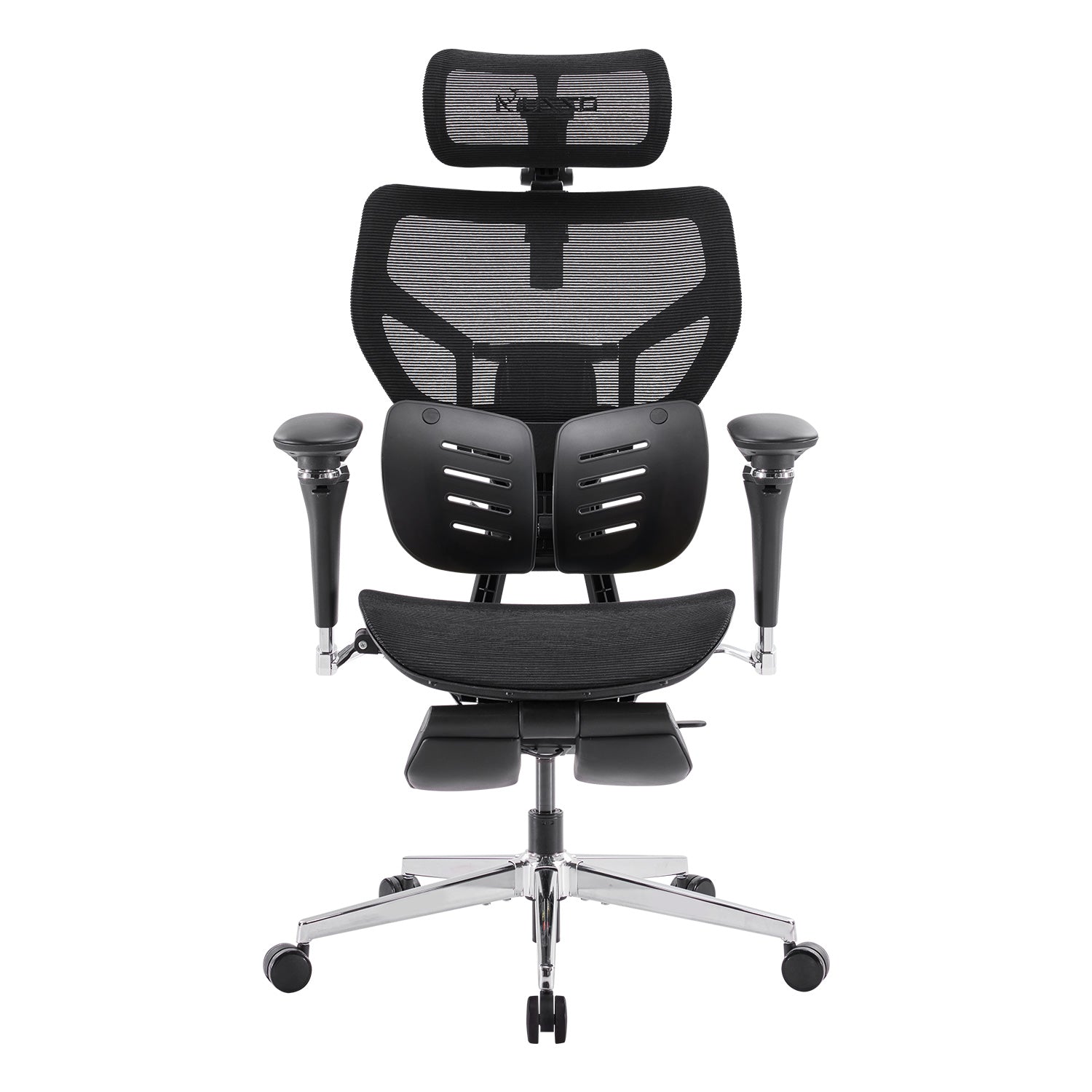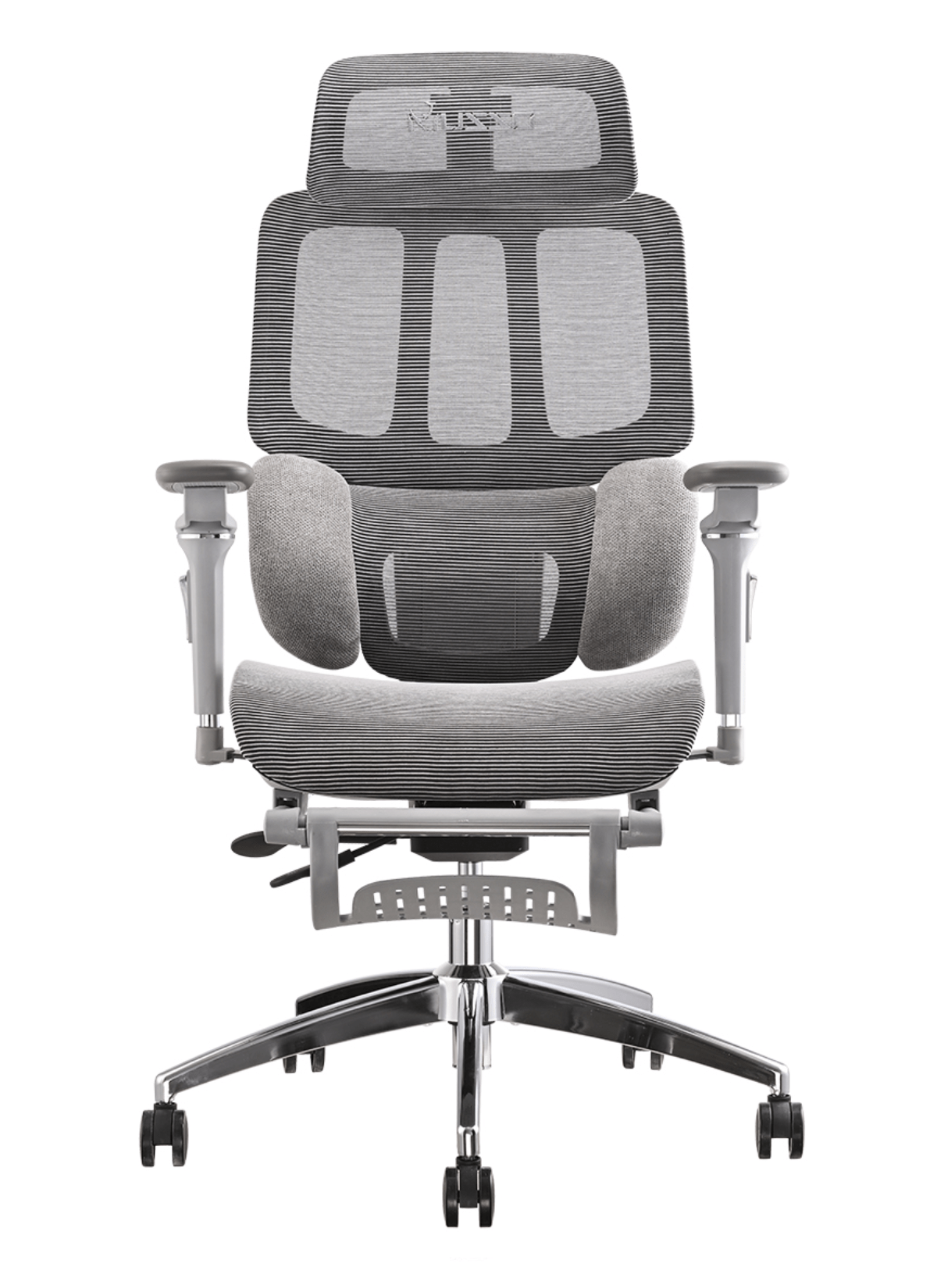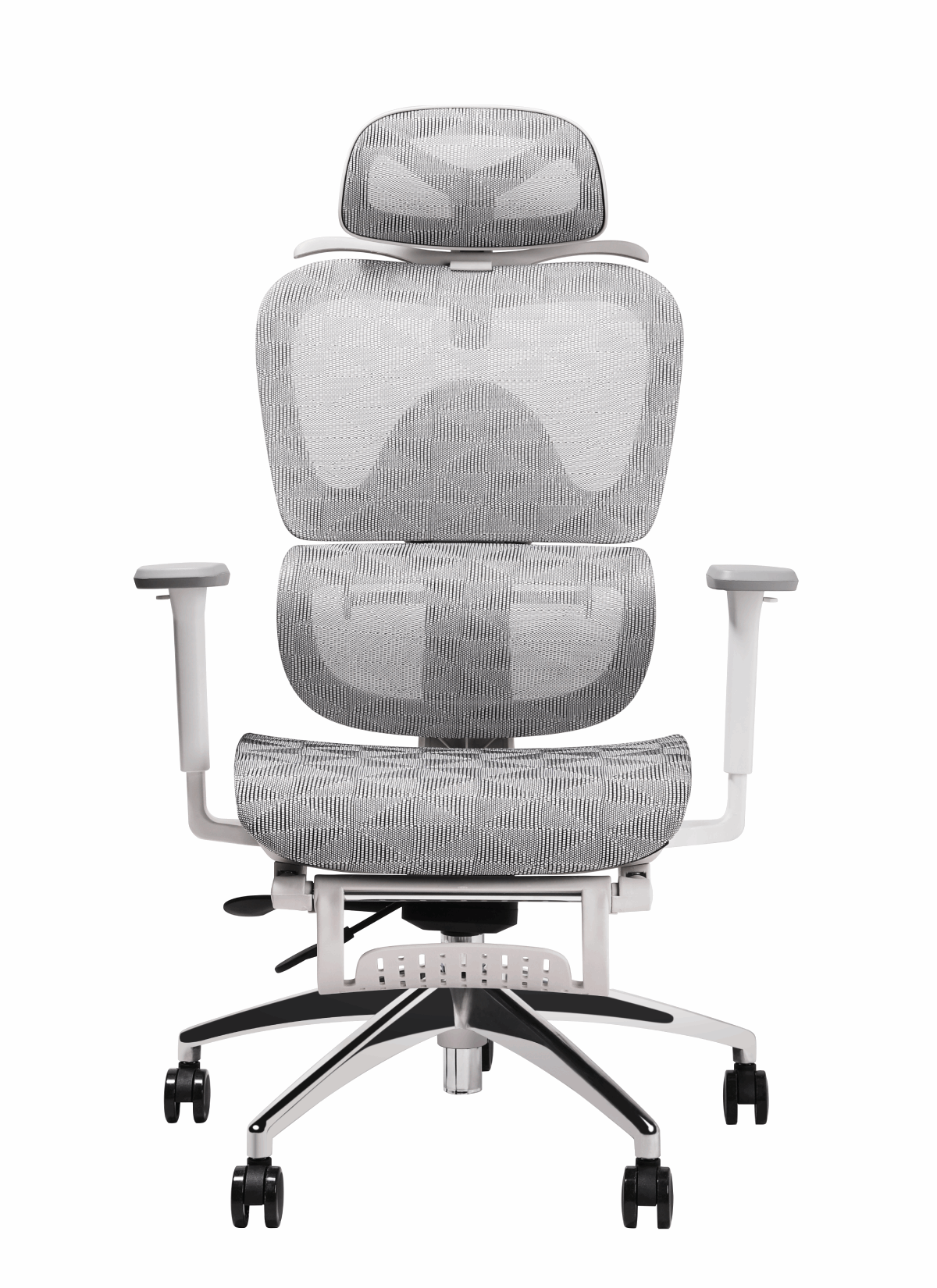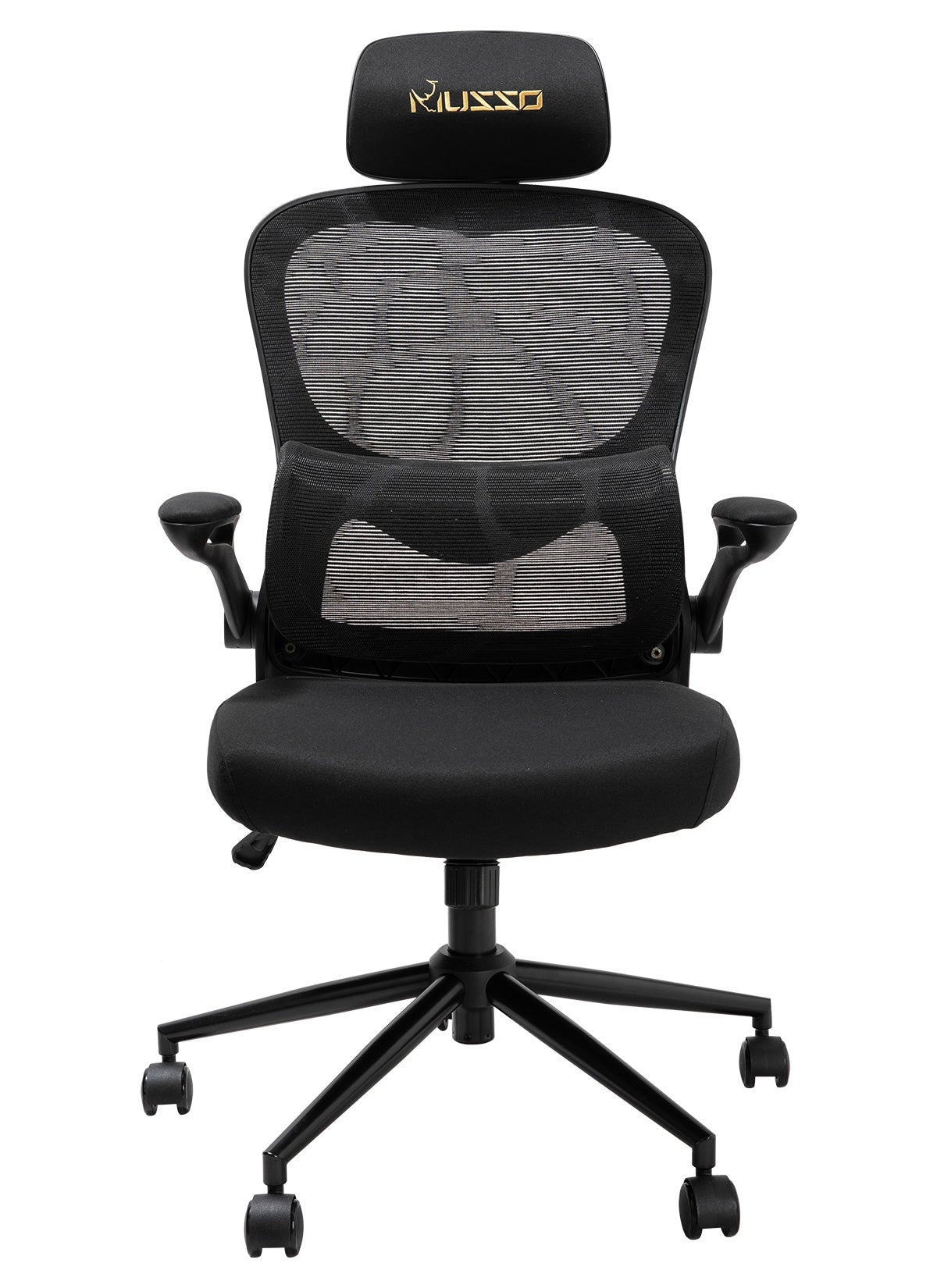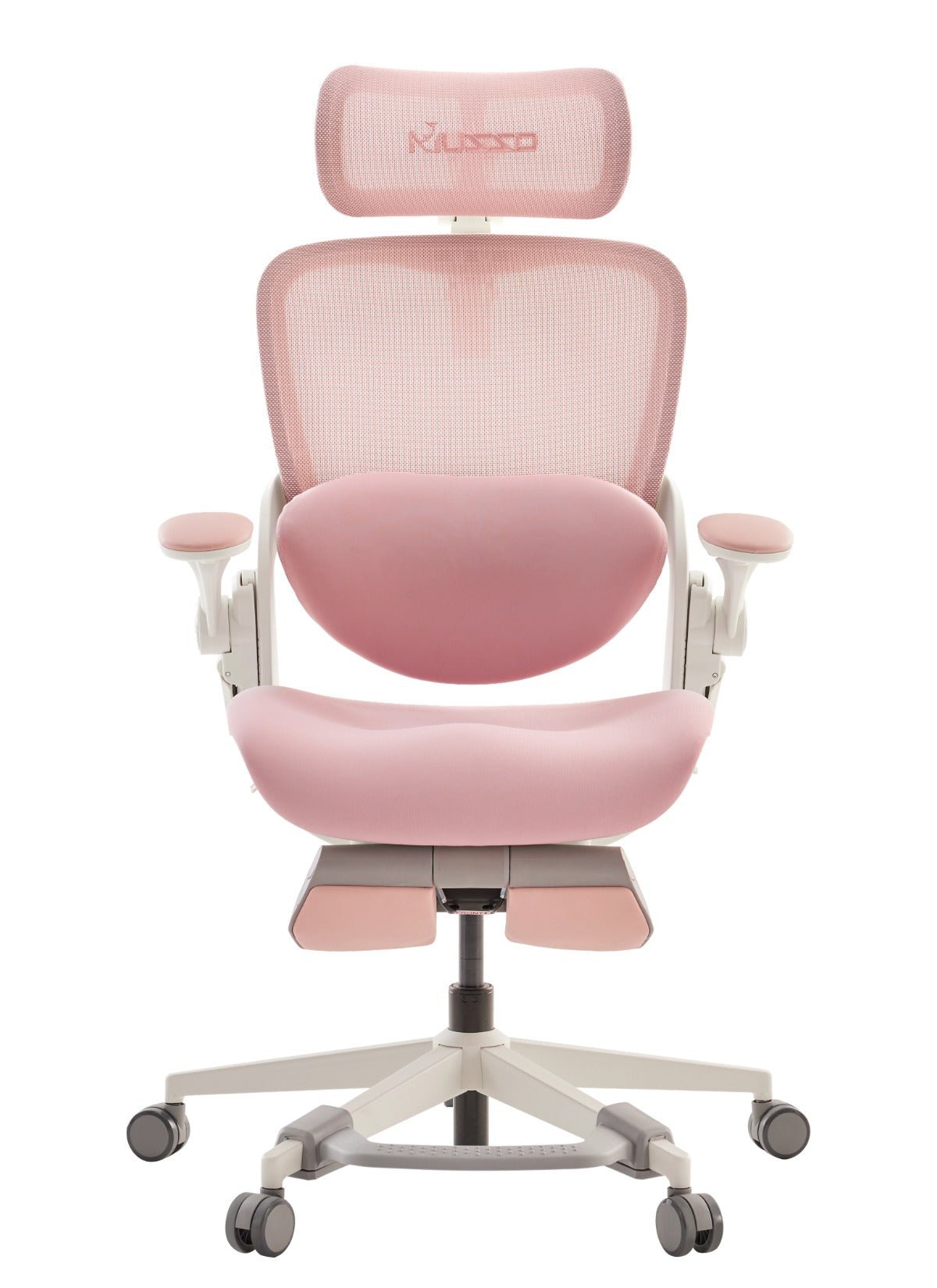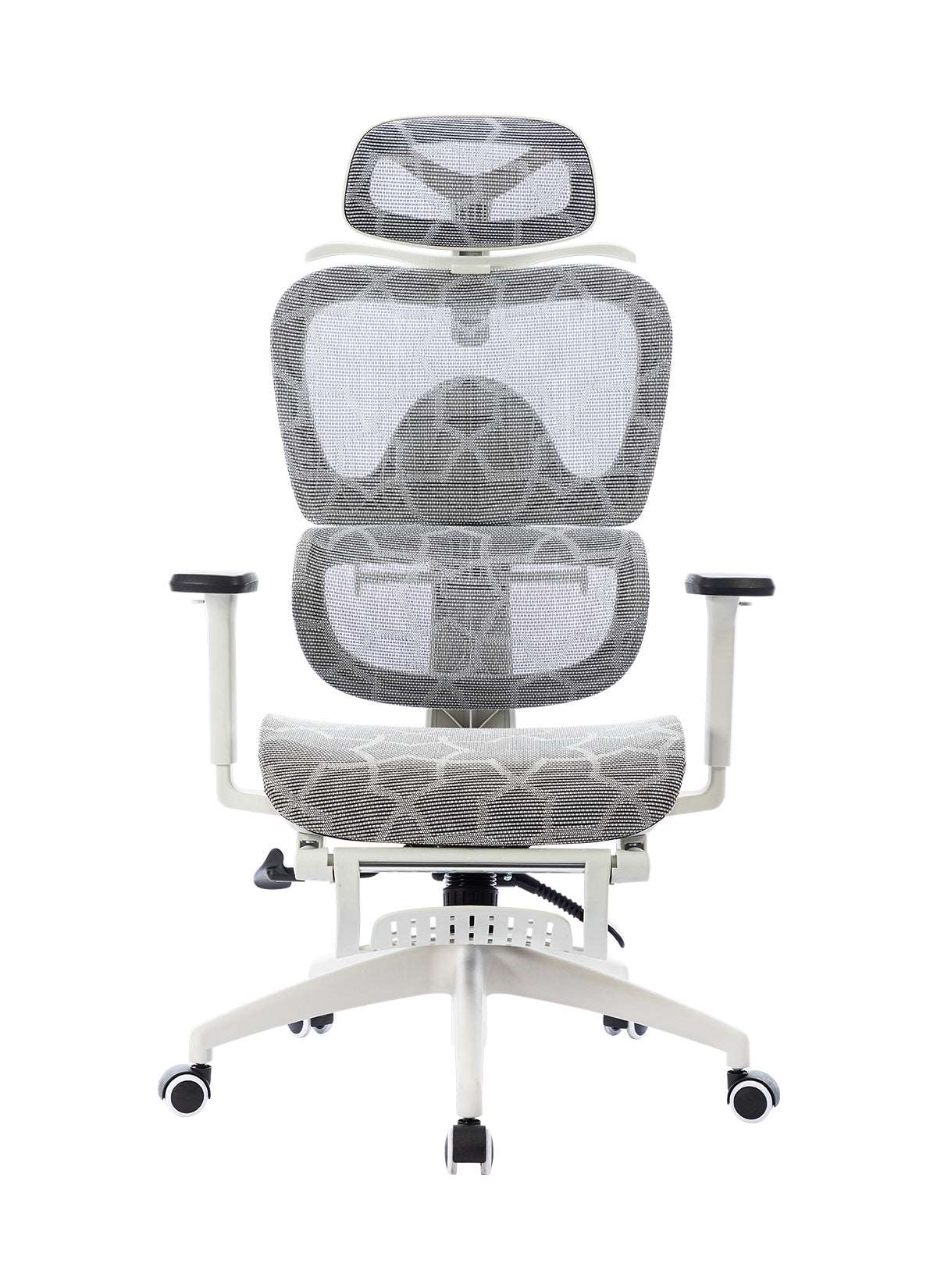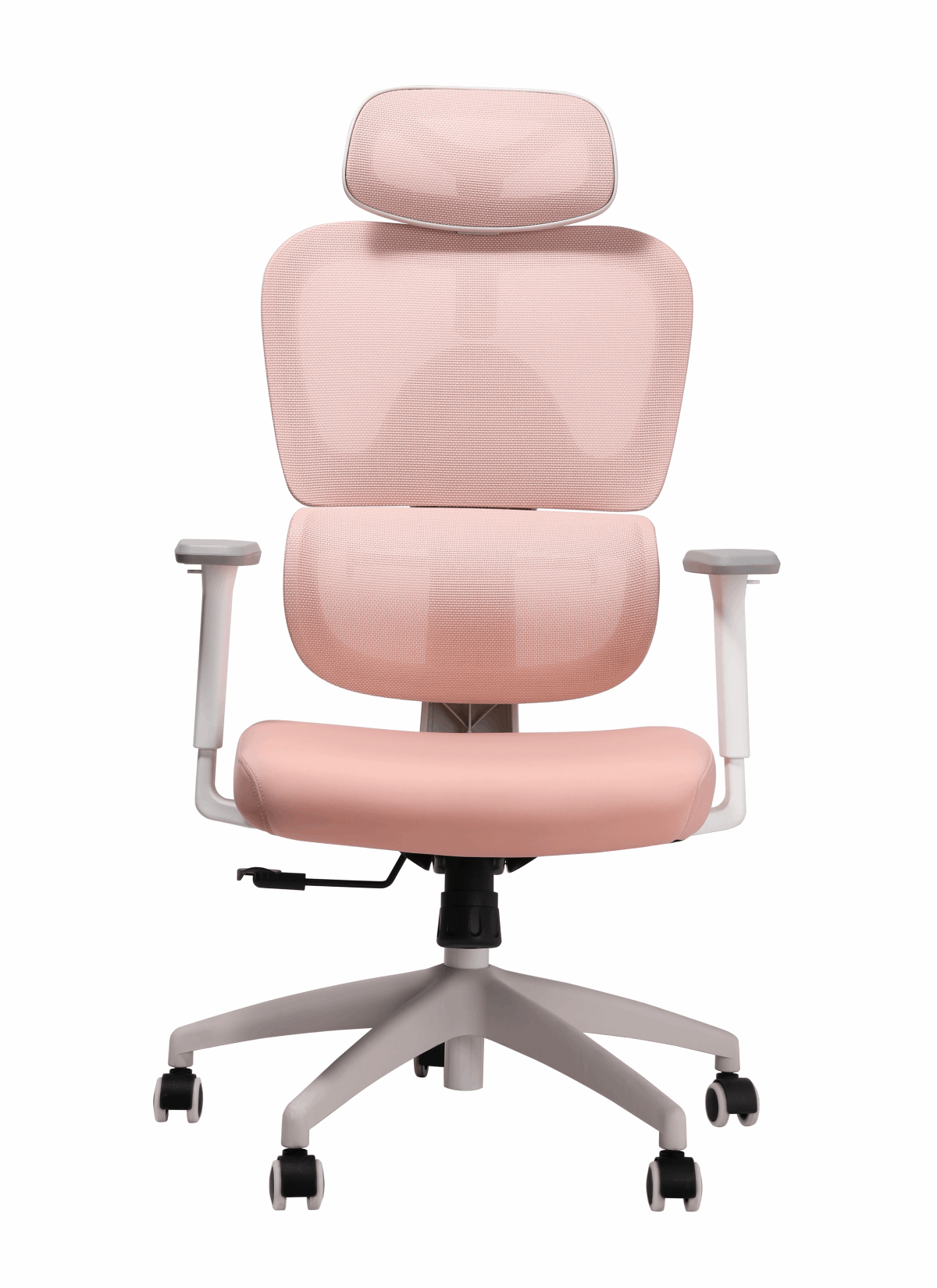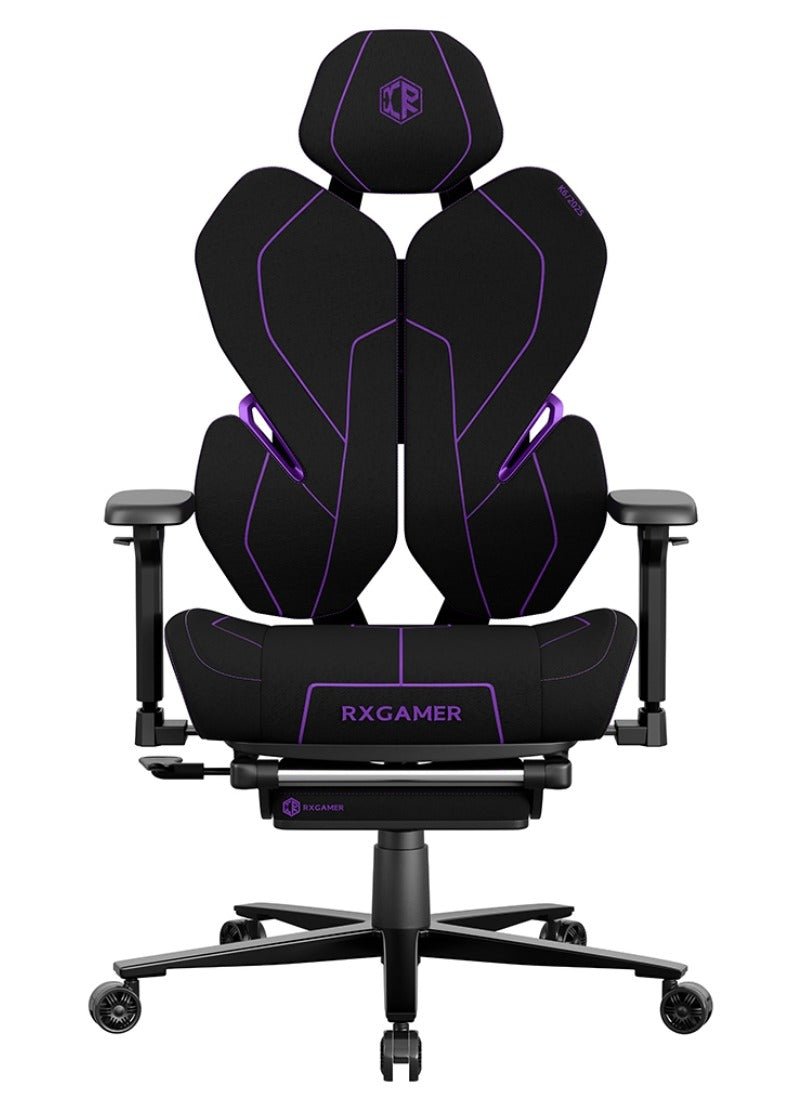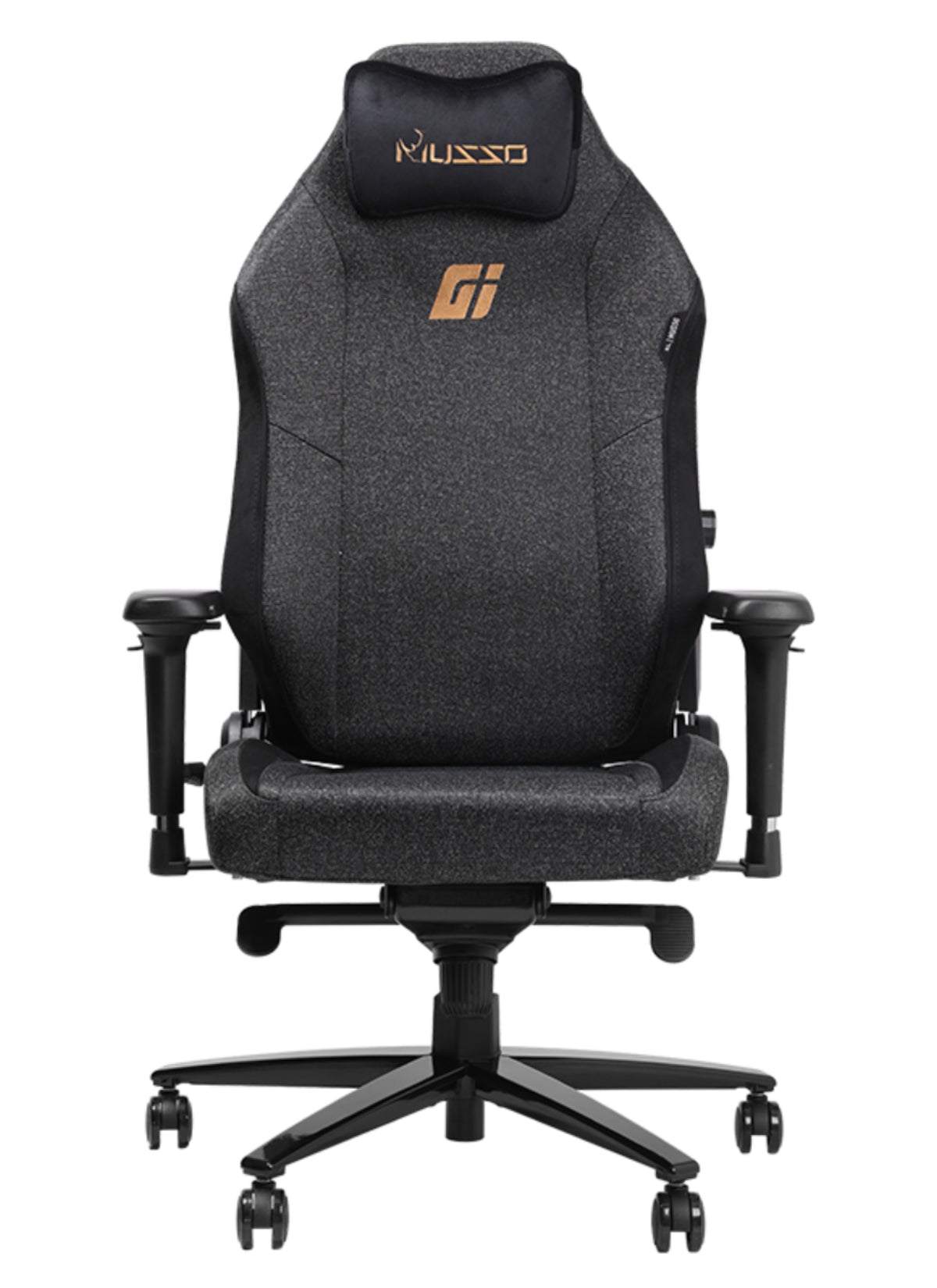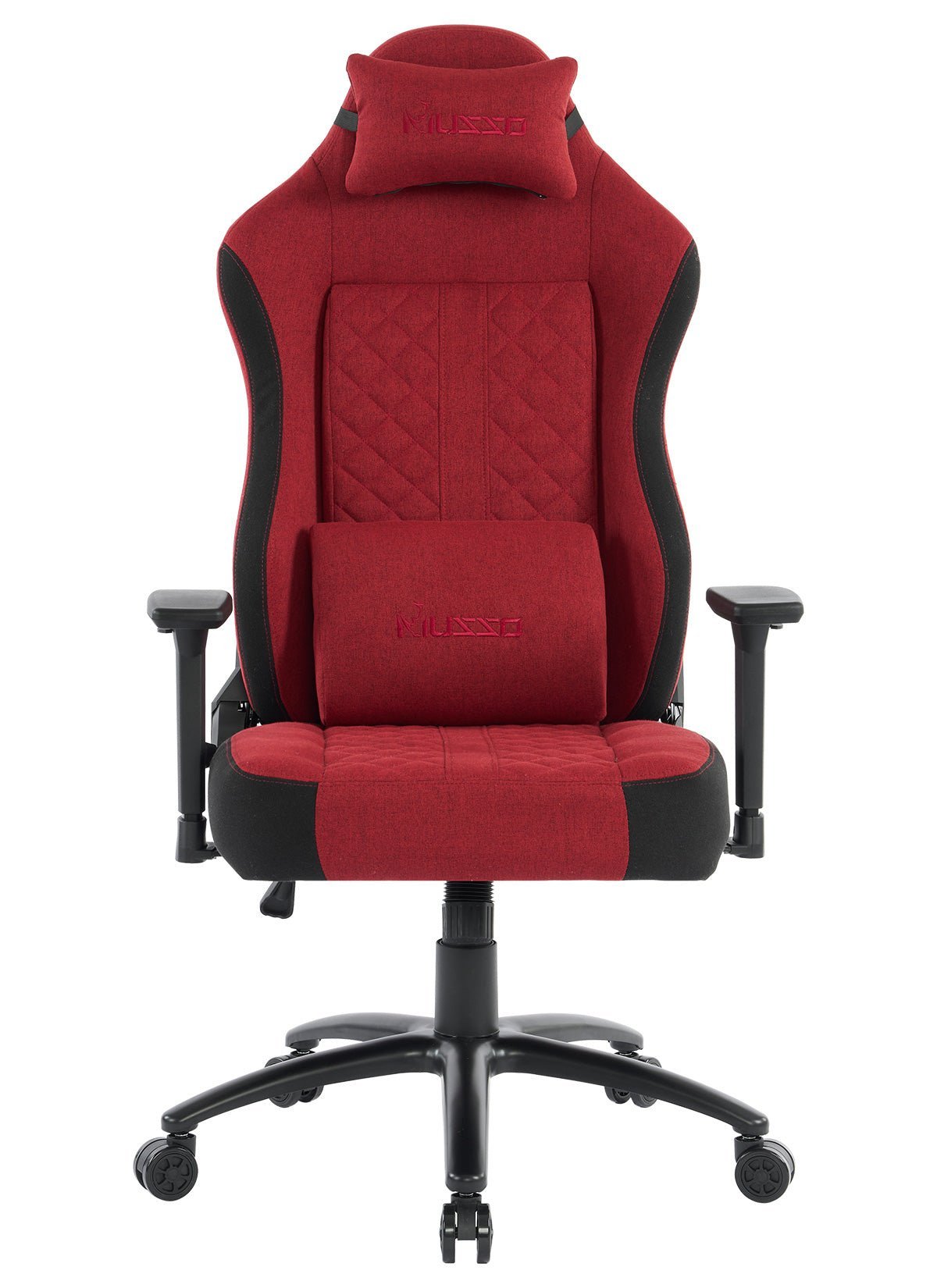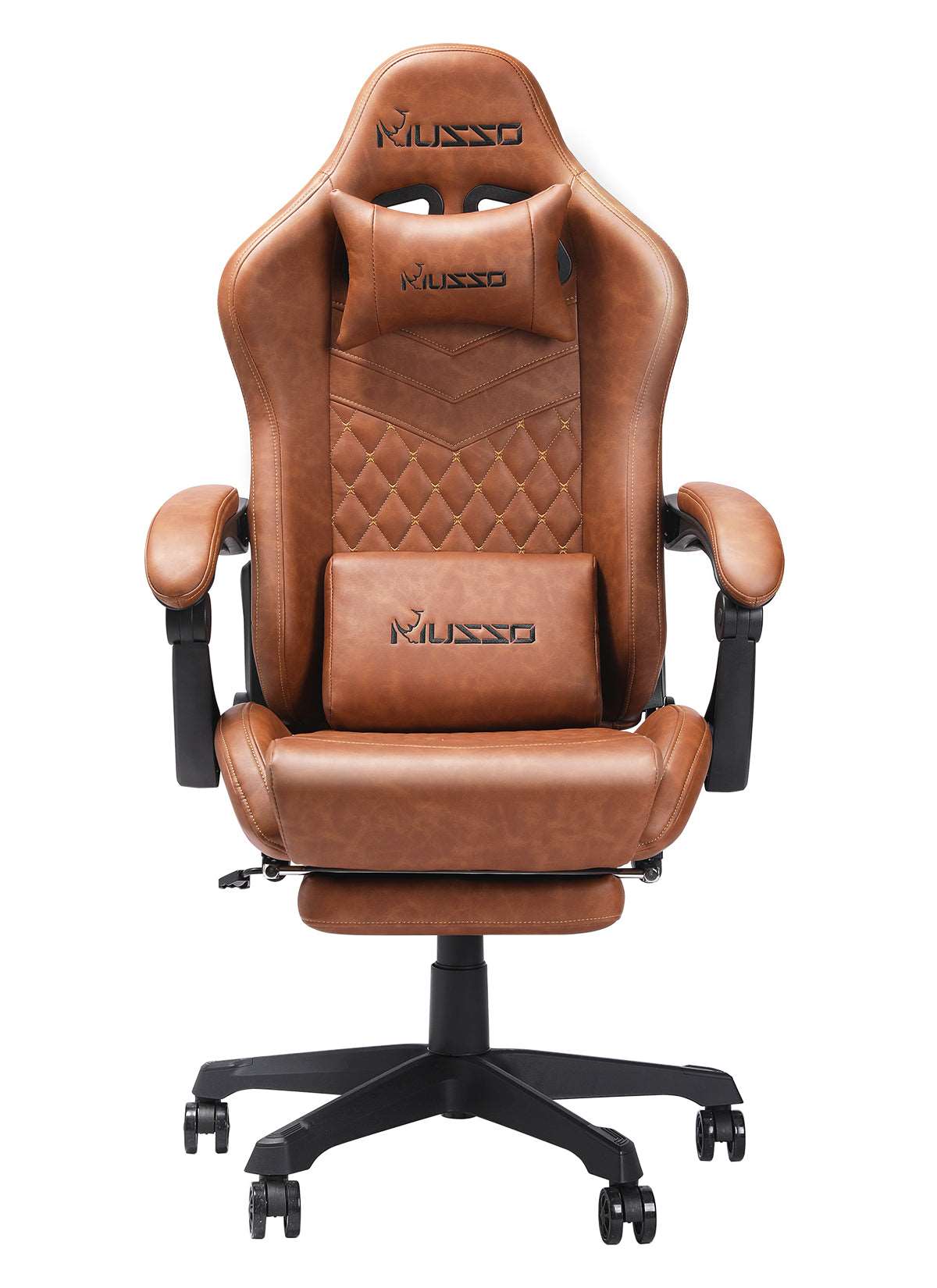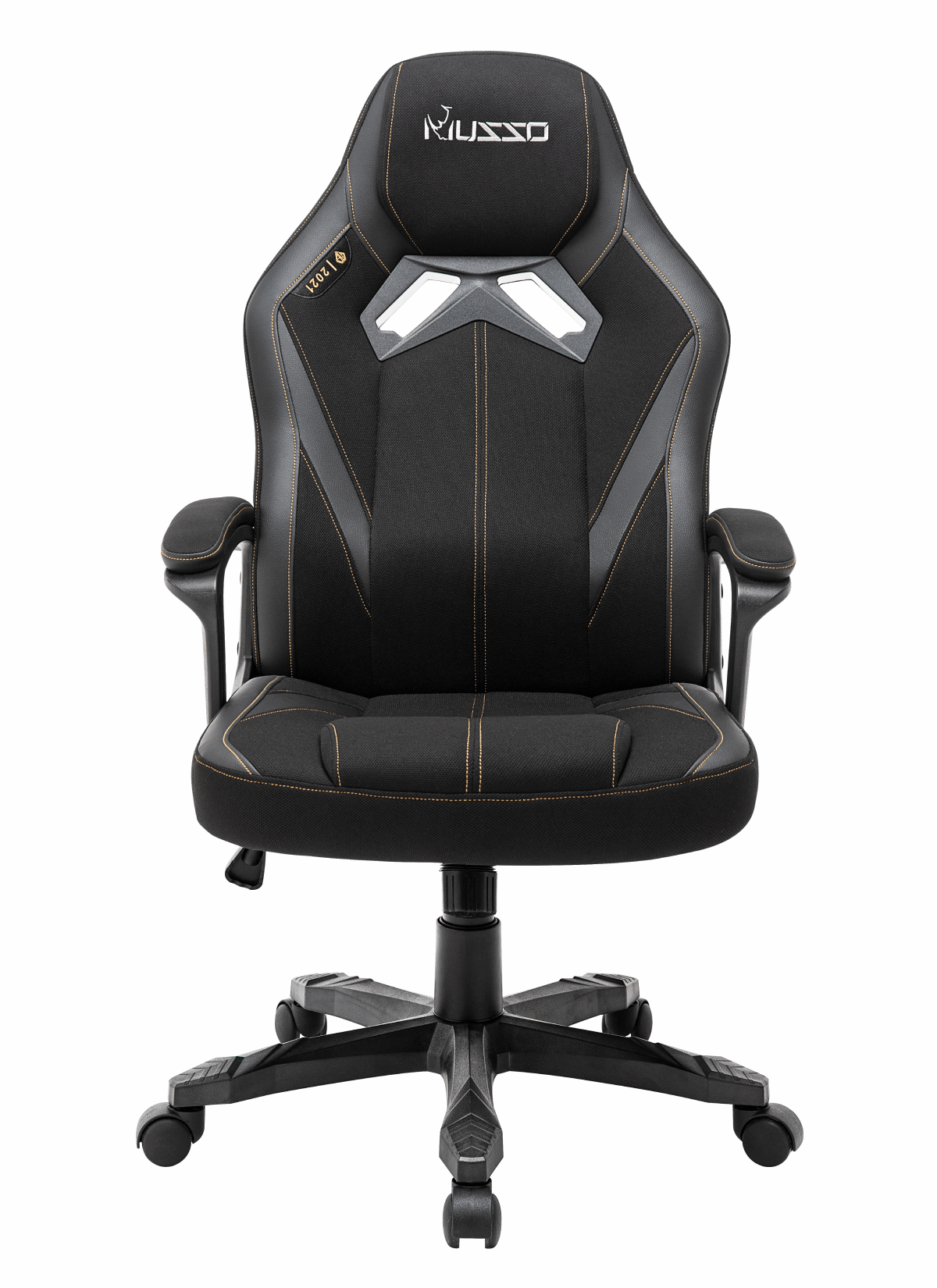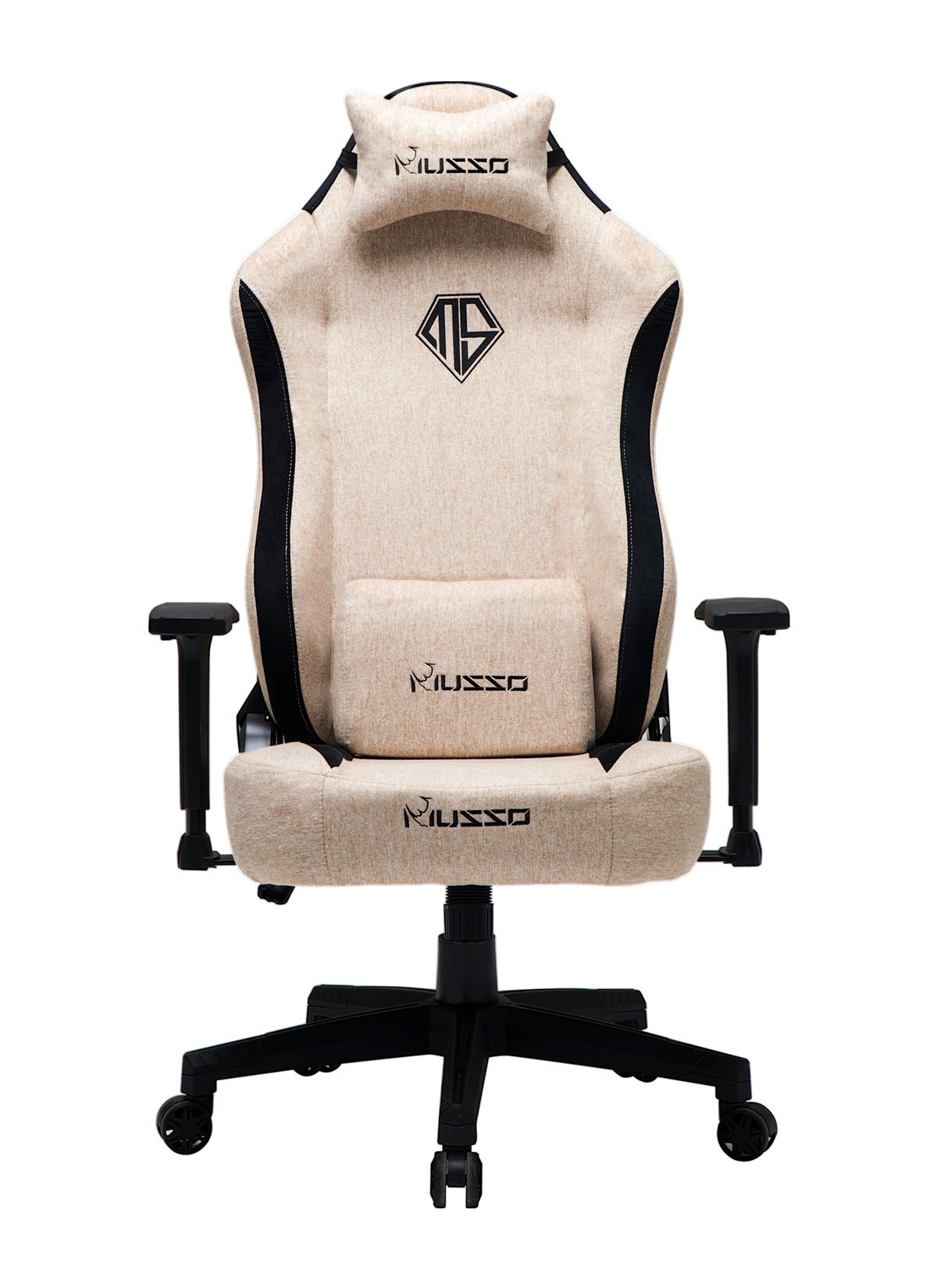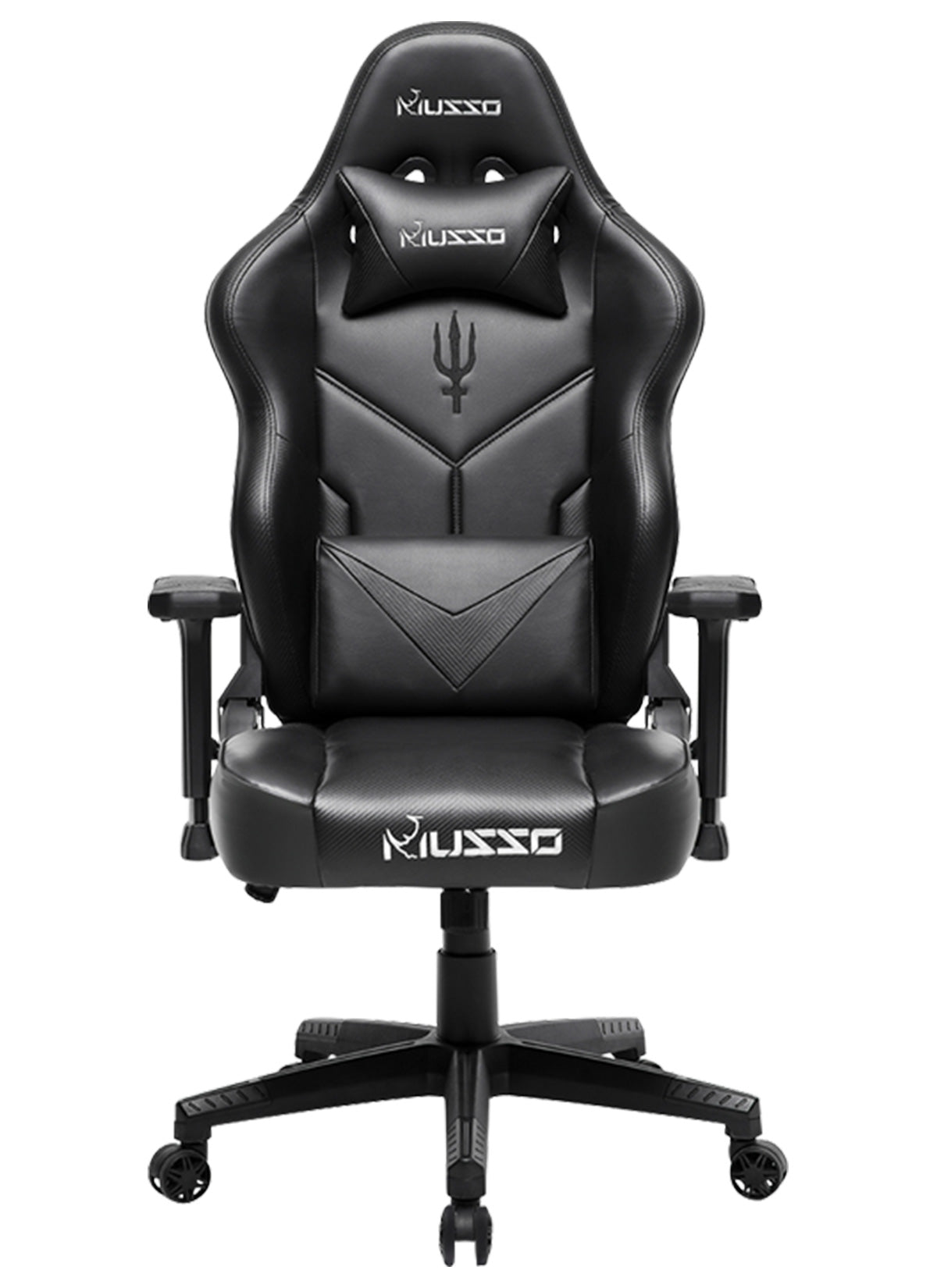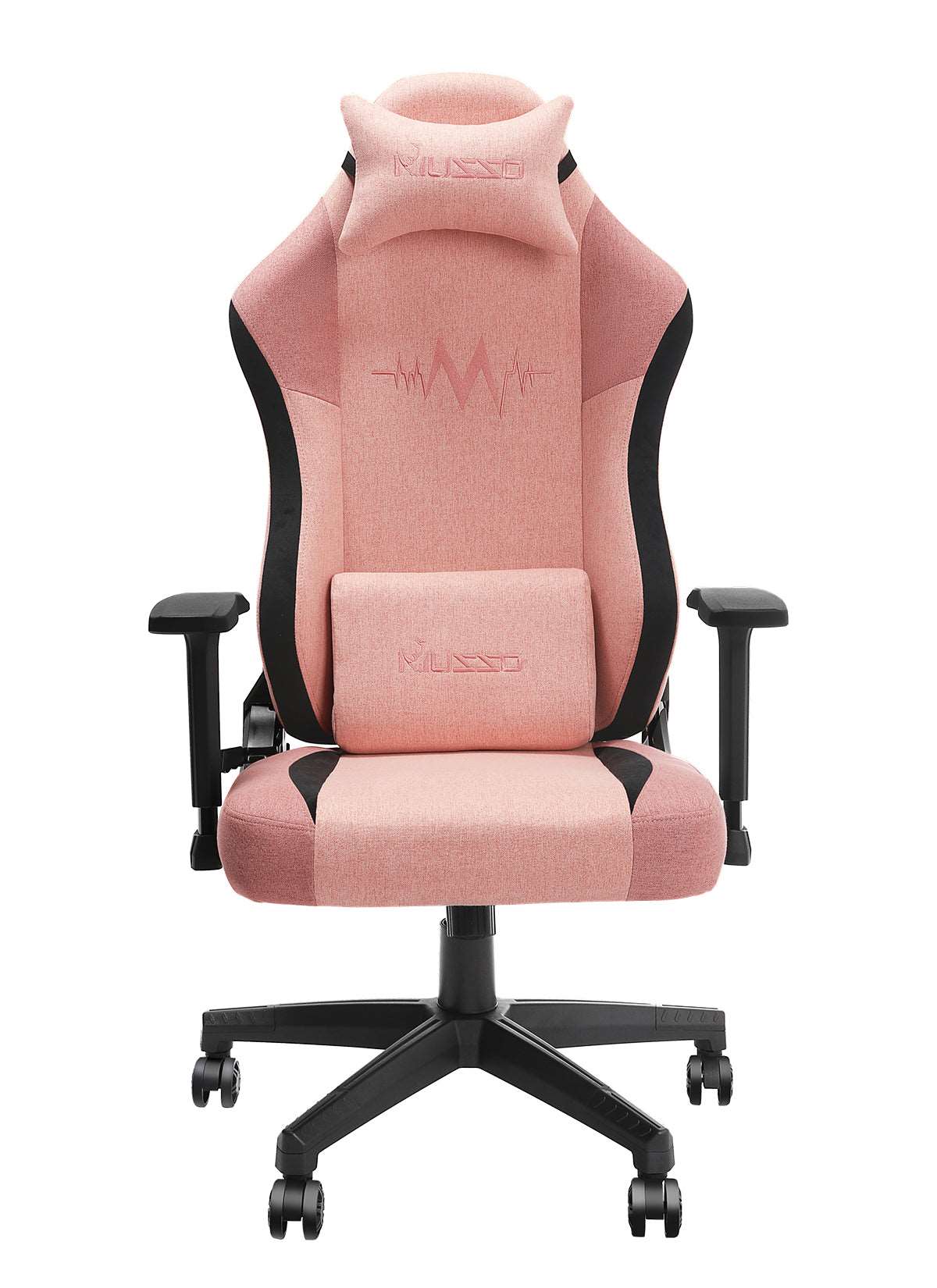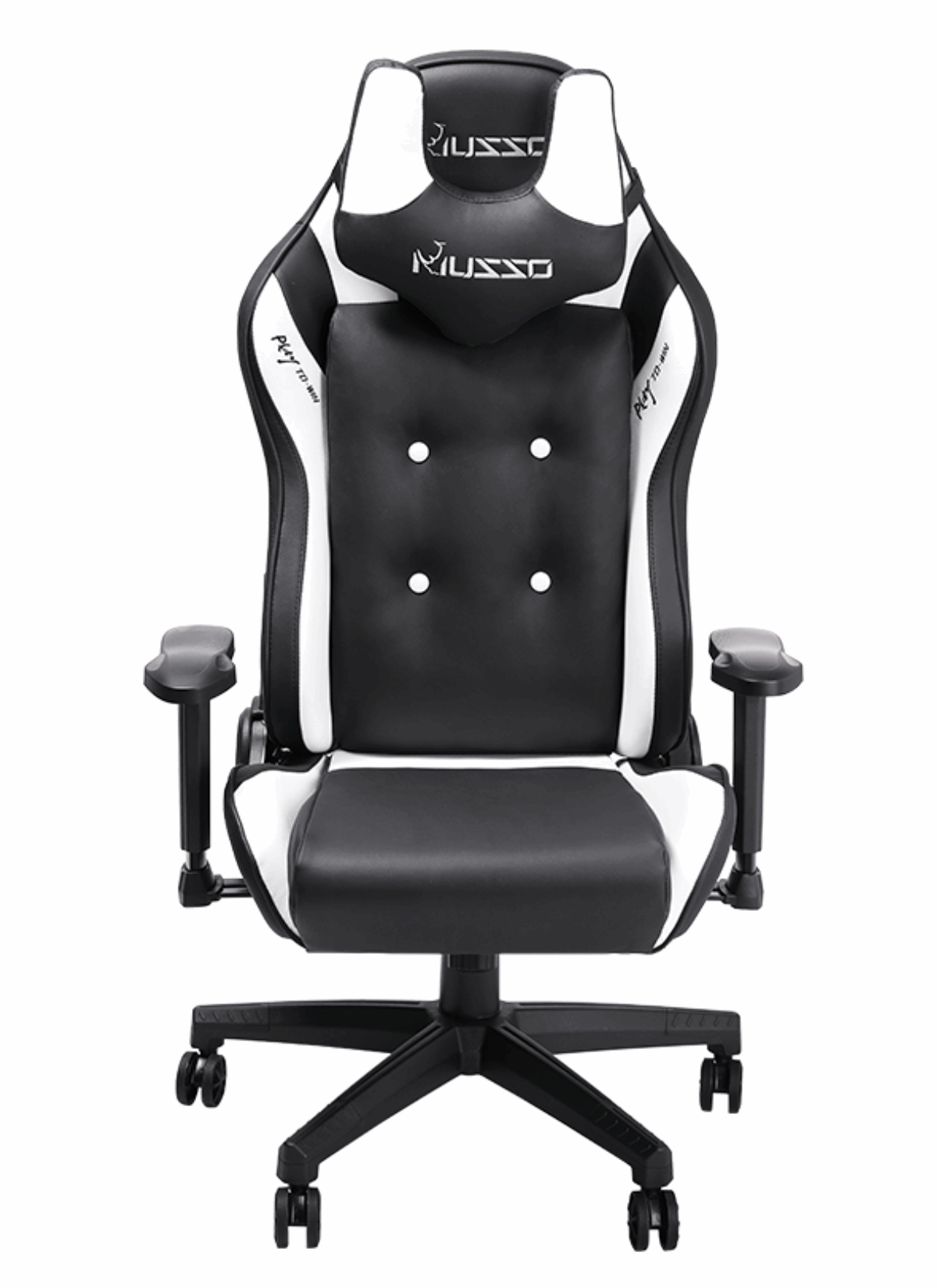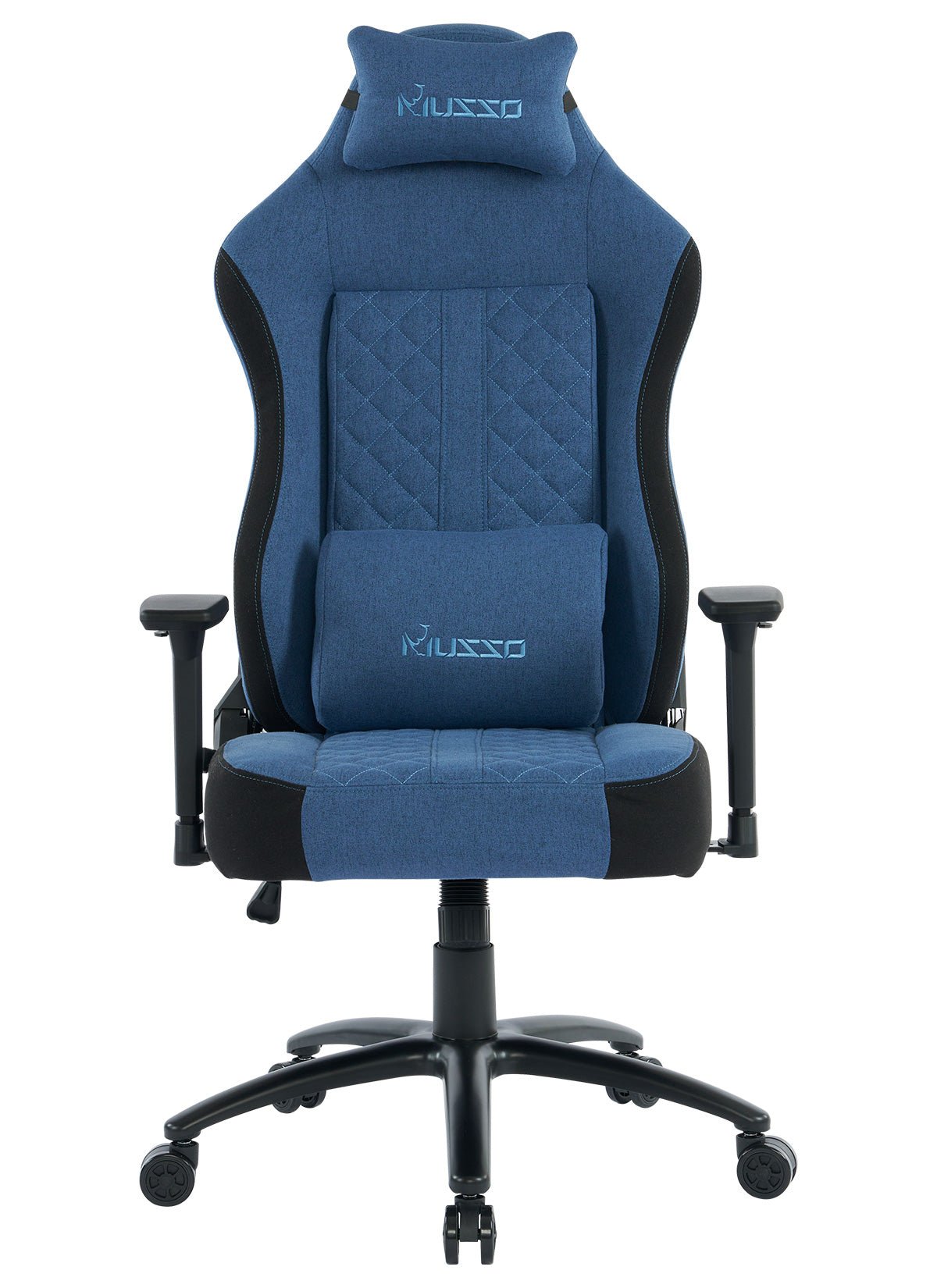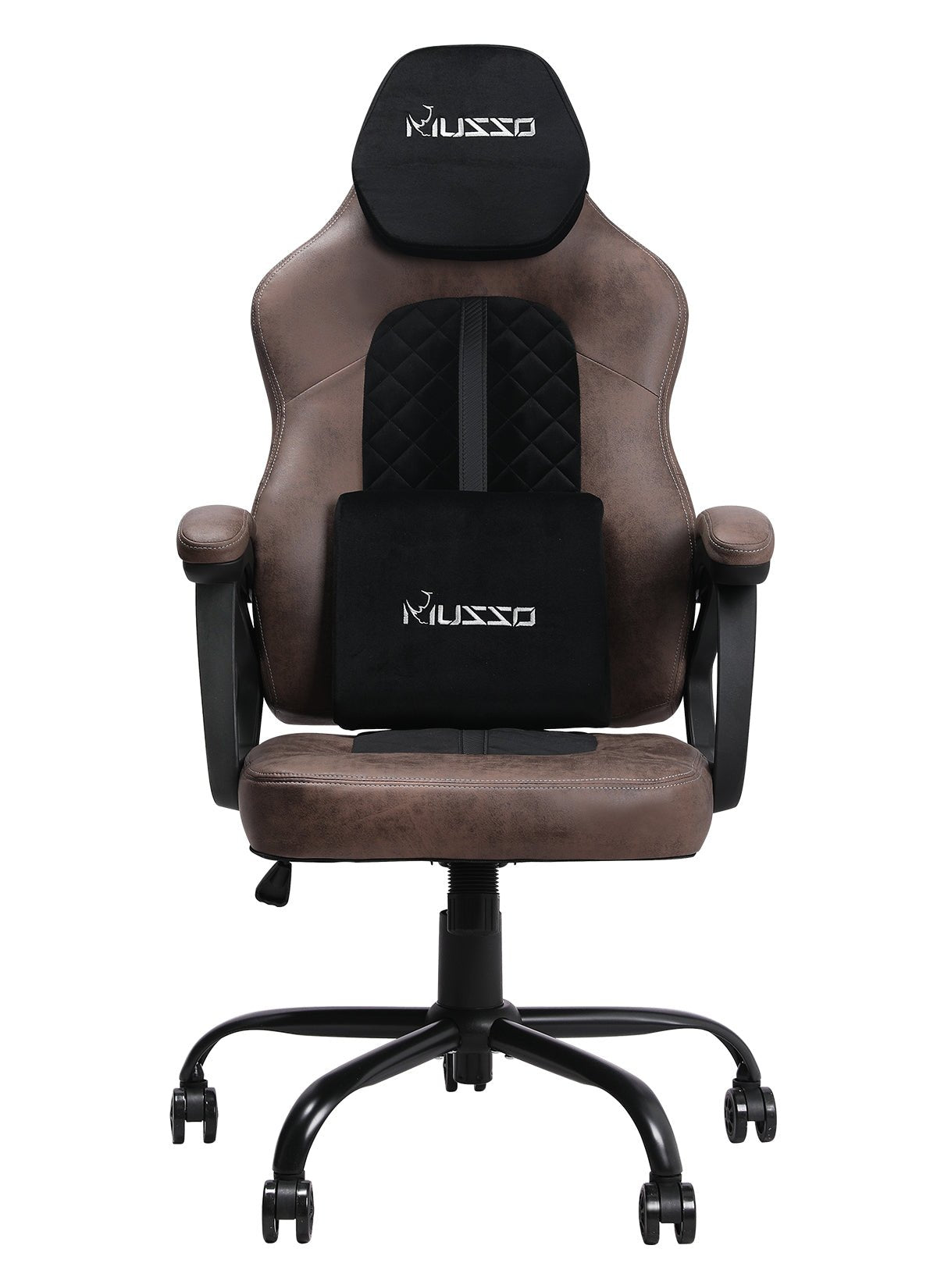For avid gamers, a comfortable gaming chair is an essential investment, providing support and enhancing the overall gaming experience. However, one common annoyance that can arise with prolonged use is the dreaded squeaking noise. The squeaks and creaks emitted by gaming chairs can be distracting, disruptive, and even diminish the joy of gaming. In this article, we will explore the various reasons why your gaming chair might be squeaking and provide some practical solutions to help resolve the issue.

Poor Lubrication:
One of the most frequent causes of squeaky gaming chairs is inadequate or worn-out lubrication. Over time, the mechanical components, such as the adjustable armrests or reclining mechanisms, can accumulate dust, dirt, or lose their lubrication. This leads to friction between the parts and results in squeaking noises when the chair moves. To address this, it is essential to regularly clean and lubricate the moving parts with appropriate lubricants. Silicone-based sprays or specialized chair lubricants can effectively reduce friction and eliminate squeaks.Loose Connections and Bolts:
Another common culprit behind a squeaky gaming chair is loose connections and bolts. Due to regular usage or even during assembly, certain connections can become loose over time. These loose components can rub against each other, causing irritating sounds. To rectify this issue, carefully inspect all the connections, including the base, backrest, armrests, and any other movable parts. Tighten any loose screws, bolts, or connections using the appropriate tools. Regularly checking and tightening the connections can help prevent squeaks from occurring.Worn-out or Damaged Parts:
The wear and tear of various chair components can also contribute to squeaky noises. The upholstery, foam padding, or even the wheels can deteriorate over time, leading to friction and squeaking. Inspect the chair thoroughly for any signs of damage or excessive wear. If you notice any torn upholstery, deformed foam padding, or worn-out wheels, it may be necessary to replace those specific parts to restore the chair's functionality and silence the squeaks.Uneven Weight Distribution:
Improper weight distribution can place stress on specific chair components, leading to squeaks. If you often lean heavily on one side of the chair or frequently use the armrests as support, it can cause strain and create squeaking noises. To minimize this issue, try to distribute your weight evenly while sitting and avoid putting excessive pressure on any particular part of the chair. Additionally, be mindful of using the armrests for excessive support, as this can accelerate wear and tear.Environmental Factors:
External factors such as humidity and temperature changes can also contribute to squeaking. Wood or metal components in the chair may expand or contract with variations in temperature or humidity, resulting in squeaks. In such cases, maintaining a consistent environment with moderate humidity levels can help minimize the issue. Additionally, placing a cushion or a fabric cover over the chair can act as a buffer, reducing the noise caused by temperature-related expansion or contraction.Padding and Cushions:
Sometimes, the squeaks may not originate from the mechanical parts but rather from the contact between your body and the chair's padding. Over time, the cushioning material can become compressed or shift, resulting in squeaky noises when you sit or move. To address this, try readjusting the cushions and padding to ensure they are properly aligned and secure. If the padding is excessively worn or flattened, you may consider replacing it with new, high-quality foam or cushioning.Floor Surface and Chair Stability:
The type of flooring on which your gaming chair rests can also impact the occurrence of squeaks. Uneven or slippery surfaces can cause the chair to shift slightly, resulting in creaking noises. To mitigate this, ensure your gaming chair is placed on a stable and level surface. If needed, you can consider using an anti-slip mat or gripper pads beneath the chair's base to enhance stability and reduce friction.

Professional Assistance:
If you have tried various troubleshooting methods and the squeaking persists, it might be time to seek professional assistance. Contacting the manufacturer or a local furniture repair service can provide you with expert guidance and assistance in identifying and resolving the issue. They can inspect the chair thoroughly, diagnose the underlying cause of the squeaks, and suggest appropriate repairs or replacements for any damaged components.Regular Maintenance:
Prevention is always better than cure, and regular maintenance can help prolong the lifespan of your gaming chair and prevent squeaking issues. Establish a routine for cleaning and inspecting your chair, focusing on the movable parts, connections, and upholstery. Dusting and vacuuming the chair regularly can prevent the accumulation of debris and ensure smoother movement. Additionally, follow the manufacturer's instructions for maintenance and care, as they often provide valuable insights on how to keep your chair in optimal condition.By implementing these additional tips and maintaining a proactive approach to chair care, you can effectively address and eliminate squeaking noises from your gaming chair, allowing you to enjoy uninterrupted gaming sessions with enhanced comfort and focus. Remember, a quiet and comfortable gaming chair can significantly enhance your overall gaming experience, helping you stay immersed in your virtual adventures for hours on end.


